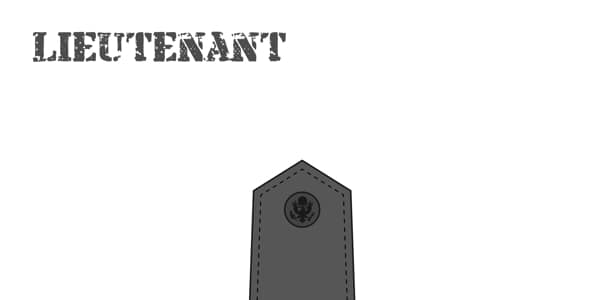There’s No Need To Point The Finger (WT615)
Blog
One of the profiles I use in my coaching and leadership experiences gives us a score between 1 and 10 for what we call “Impression Management”.
Impression Management is the degree to which we want others to see us in a favourable light.
It’s our lie detector.
It shows us whether you’re a people pleaser or not.
The higher the number, the more it matters to you that people like you and/or that you are concerned to do the right thing by others.
The lower the score, the less you care what others think of you and the more critical you are – critical of yourself and others.
When I first completed the profile many years ago, my Impression Management score was as low as you could score. It was one out of ten.
I didn’t know how difficult it was to be around me, criticising the work or finding fault in things people did or didn’t do, until a coach of mine blurted it out one day. “You’re just so damn hard” she said, “It’s difficult to be around when you always find fault in things”.
Ouch and true.
From that moment of transformation I did my best to work on being less critical and more grateful for the effort and support people gave. I still have an eye for detail, however I have learned to keep my mouth shut and say “Thank you”.
For the record, I increased my score from one to three and still working on it.
Why are we talking about this? Because this past week I’ve cringed as I’ve observed others behaving like I used to.
There’s no need to point the finger.
We don’t make ourselves bigger by making someone else smaller.
Stop looking for the mistakes that others make.
We all make plenty of mistakes ourselves.
Be grateful for the contribution others are making. They’re not all as smart and efficient as you.
Rant over!
Have a great week.
P.S. The Loyal Lieutenant – How The Second-in-Command Brings The CEO’s Vision To Life. Order your copy here, https://shirleydalton.com/books
P.P.S. Invite your friends to get the Weekly Thoughts delivered directly to their inbox. Go to https://shirleydalton.com/weekly-thoughts.













